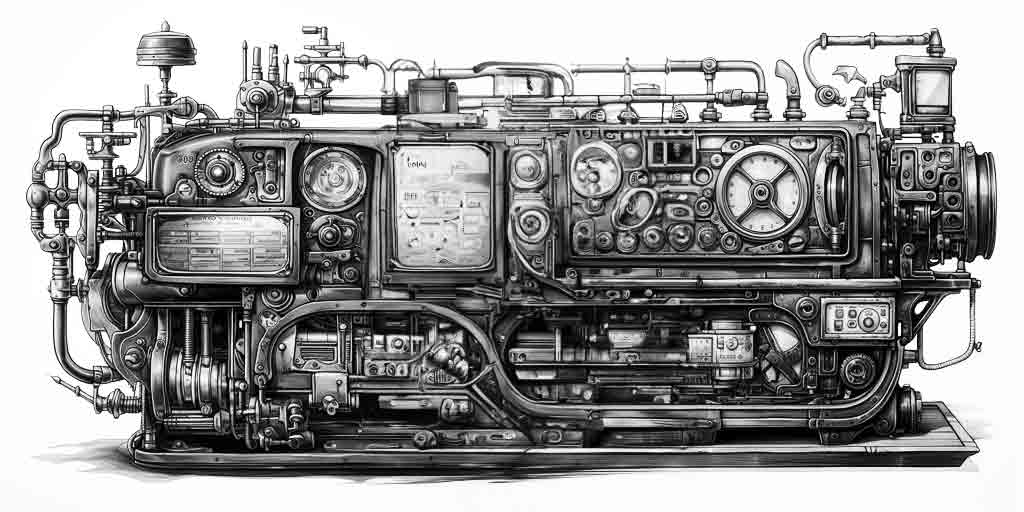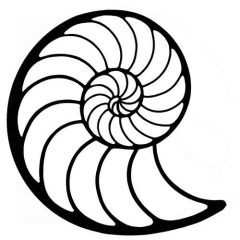Throughout history, many professions have disappeared as other emerged. Some changed: the Apothecary became the modern pharmacist; the Alchemist became a Chemist without the esoteric part of the job; the Horse and Buggy Drivers became the Chauffeurs and Taxi Divers; Rat-Catchers turned into pest control professionals. Some occupations vanished.

Extinct Jobs and professions.
Town Crier
In earlier times, town criers were the primary news source and announcements in towns and cities. They used to announce news and information loudly. However, with the introduction of printed newspapers, this role became irrelevant.
Leech Collector
During the medieval era, individuals known as leech collectors would gather leeches to use in bloodletting. Using Leeches was a prevalent medical practice at the time.
Resurrectionist or Body Snatcher:
During the 1800s, people engaged in the illegal practice of digging up corpses from graves. They sold the bodies to medical institutions for dissection and study. Commonly, people referred to these individuals as resurrectionists or body snatchers.
Groom of the Stool
Position existing in English royal households. This person had the intimate job of assisting the king in the toilet, a surprisingly prestigious position at the time.
Powder Monkey:
During the era of naval warfare, young boys had a role known as “powder monkey.” These boys were primarily responsible for transporting gunpowder from the storage area to the cannons on the ship.
Fuller:
Fullers used to cleanse and increase the thickness of woollen fabric by trampling it in containers filled with water and specific clays. Today, modern machinery has replaced this procedure.
Spinner:
In the past, we had to rely on spinning wheels to convert fibres into yarn or thread. After the invention of the Spinning Jenny, that position disappeared.
Sin-Eater:
In some parts of Europe, there existed a ritualistic practice where a person, known as a sin-eater, would eat a meal over a dead body. The belief was that by doing so, the sin-eaters would take upon themselves the deceased’s sins, thus enabling the departed’s soul to find peace.
Knocker-Upper:
Before the widespread use of alarm clocks, people relied on a human alarm clock, a knocker-upper. They would wake people up for work by knocking on their door or window, often using a long stick.
Positions dead last century.
Ice Cutter:
Before the invention of modern refrigeration, ice cutters would harvest ice from frozen lakes and rivers for use in iceboxes.
Switchboard Operator:
In the early days of telephone communication, connecting calls involved switchboard operators who would plug cords into the switchboard.
Milkman:
While some areas still receive milk deliveries, the widespread profession of a milkman delivering fresh milk daily to households has vanished. The reason is primarily because refrigeration and supermarkets have risen.
Elevator Operator:
In the past, elevators were operated by human beings called Elevator Operators. They would be responsible for manually controlling the movement of the elevator by opening and closing the doors for the passengers.
Bowling Alley Pinsetter:
In the past, when pin-setting machines were not available in bowling alleys, people had to set the pins back up after each bowl manually.
